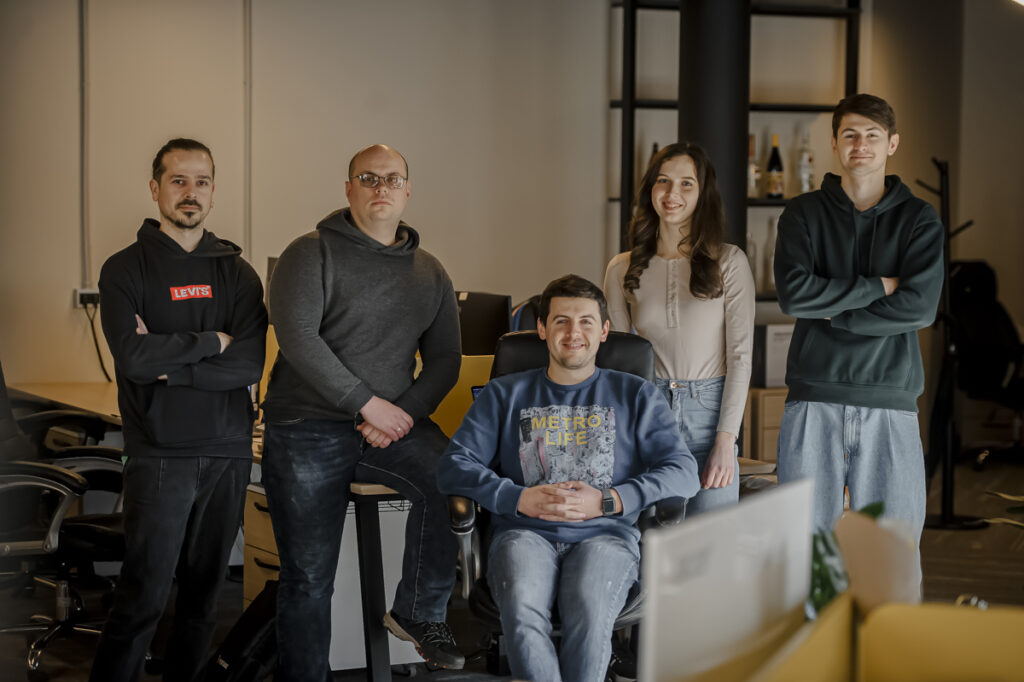The joy and the challenge of being a PROJECT MANAGER
Being a Project Manager can be both incredibly rewarding and challenging. From overseeing complex projects to managing diverse teams, Project Managers play a vital role in ensuring the success of a project. In this blog post, we’ll take a closer look at the joy and challenge of being a Project Manager. We’ll explore the unique…

More than likely, the search that landed you here is one that we’ve been seeing more and more of these days. Let us take a guess – did it look anything like “Why become a project manager” or “How challenging is it to be a project manager?”
Well, let’s march on, friends, and get some clarity on your questions!
Why become a Project Manager?
- High Demand: Project management is a highly sought-after skill in today’s job market, with many organizations recognizing the value of effective project management to their success. This means that there is a strong demand for skilled project managers, and those who excel in the field can enjoy excellent job prospects and competitive salaries.
- Rewarding Career: Project management can be a highly rewarding career path, offering the opportunity to lead and collaborate with others to achieve common goals. As a project manager, you’ll have the chance to work on a variety of projects, each with its own unique challenges and opportunities for growth.
- Problem-Solving and Strategic Thinking: Project management can be an excellent career choice for those who enjoy problem-solving and strategic thinking. Project managers must be able to balance competing priorities, manage resources effectively, and adapt to changing circumstances, all while keeping an eye on the big picture.
Overall, becoming a project manager can offer a dynamic and fulfilling career with plenty of opportunities for growth and advancement.
What does a Project Manager do?
A Project Manager is responsible for overseeing all aspects of a project, from start to finish. This includes planning, executing, and closing out the project, as well as managing the resources, timelines, and budget.
Some of the specific tasks that a project manager may be responsible for include:
- Defining project goals and objectives
- Creating a project plan, including timelines and budget
- Assigning tasks and responsibilities to team members
- Monitoring project progress and making adjustments as necessary
- Communicating with stakeholders to ensure that project goals are being met
- Managing project risks and identifying potential issues
- Ensuring that project deliverables are completed on time and within budget
- Leading project meetings and providing regular updates to stakeholders
- Managing project documentation and ensuring that it is up-to-date and accurate
- Evaluating project outcomes and identifying areas for improvement.
In short, a project manager is responsible for ensuring that a project is completed successfully, on time, and within budget, while managing resources and communicating effectively with stakeholders throughout the process.
Would you make a good Project Manager?
To be a good Project Manager, you must possess a combination of leadership, communication, organizational, and problem-solving skills. You must be able to effectively manage resources, timelines, and budgets while keeping stakeholders informed and engaged throughout the project lifecycle.
Additionally, Project Managers must have the ability to adapt to changing circumstances, identify potential risks, and make informed decisions to keep the project on track.
If you possess these skills and have a passion for leading and collaborating with others to achieve common goals, then you may be well-suited to a career in project management.
So that’s the story. In addition to the above, we gathered some pros and cons from our employees, in order to make it even easier for you to take a decision.
Victoria, Project Manager, Kick jobs
Pros:
I can contribute directly to the creation of a product that will be useful to many people.
I like that I have a clear, big picture of what we are developing, I like to interact with the team and help them if there are any issues and blockers. I’m interested in being a part of technical discussions and seeing how projects are turning out from a concept state into something real.
Cons:
I always have to check the team’s progress and put pressure if there is something urgent.
I don’t like when I have to change certain priorities or give urgent tasks over the tasks that someone was already working on.
I don’t like it when people aren’t active in meetings and I don’t get feedback from the team.
Ion, Project Manager, 4Suites
“I enjoy organizing tasks and achieving goals, but don’t like dealing with conflicts and managing difficult stakeholders.”
Jeffrey, Project Manager, Best4u Media
“As a project manager, I enjoy being able to work on various projects simultaneously, gaining exposure to different aspects of a project. In contrast to being a developer, where the focus is typically on a specific part of the project. However, a downside of this is that there may be pressure to be available at all times to ensure timely communication and project progress.”
Dorina, Project Manager, Packaly
“As a project manager, you have to confront various challenges due to unexpected changes or difficult decisions that you need to make quickly. This can result in additional pressure being placed on the team. Personally, I find it difficult to put the team under such pressure but I know this will in the end give us the satisfaction and pride of delivering a successful project. As a project manager, the feeling of accomplishment that comes with successfully delivering a project from start to finish is what I like the most.”


